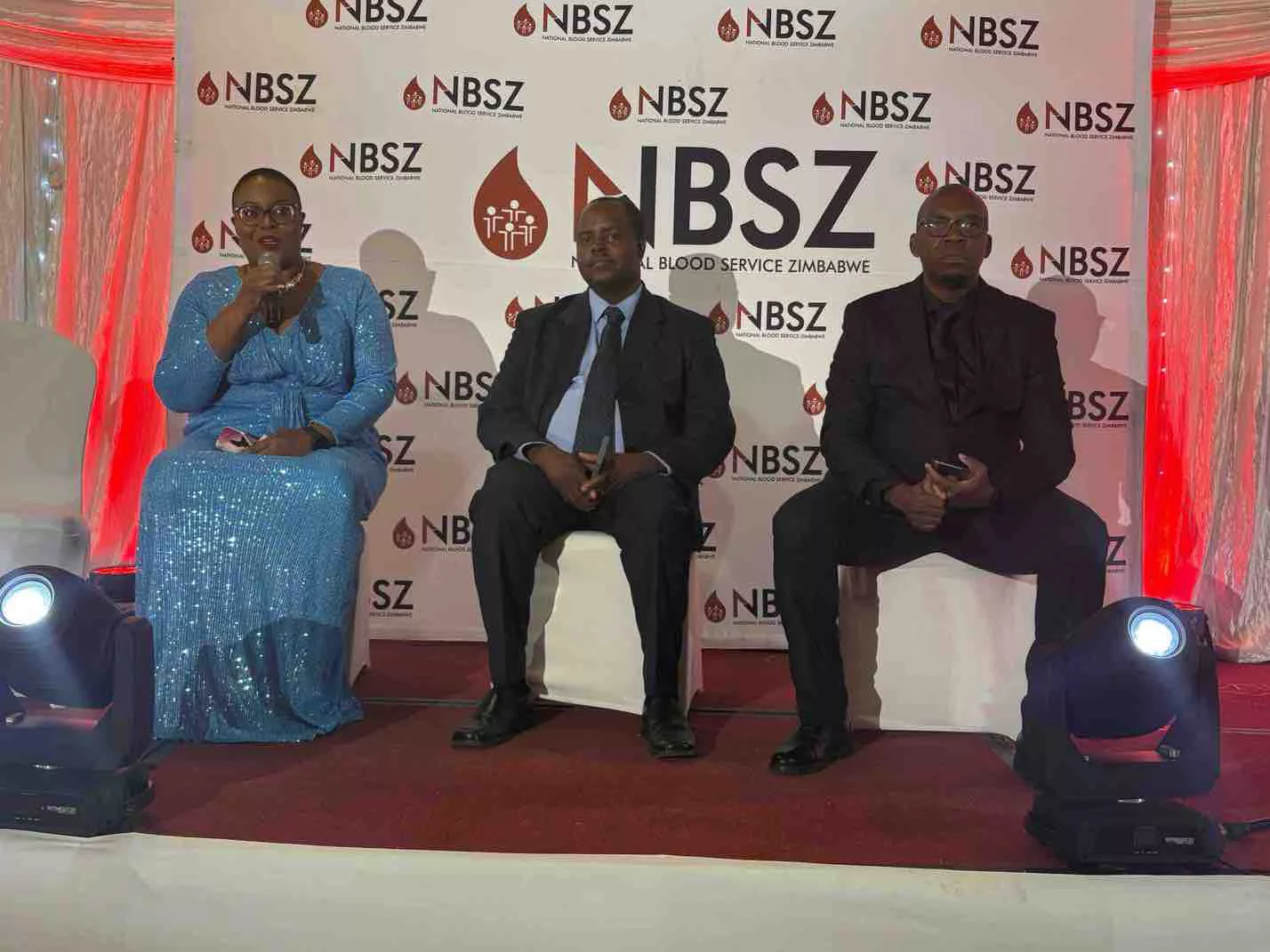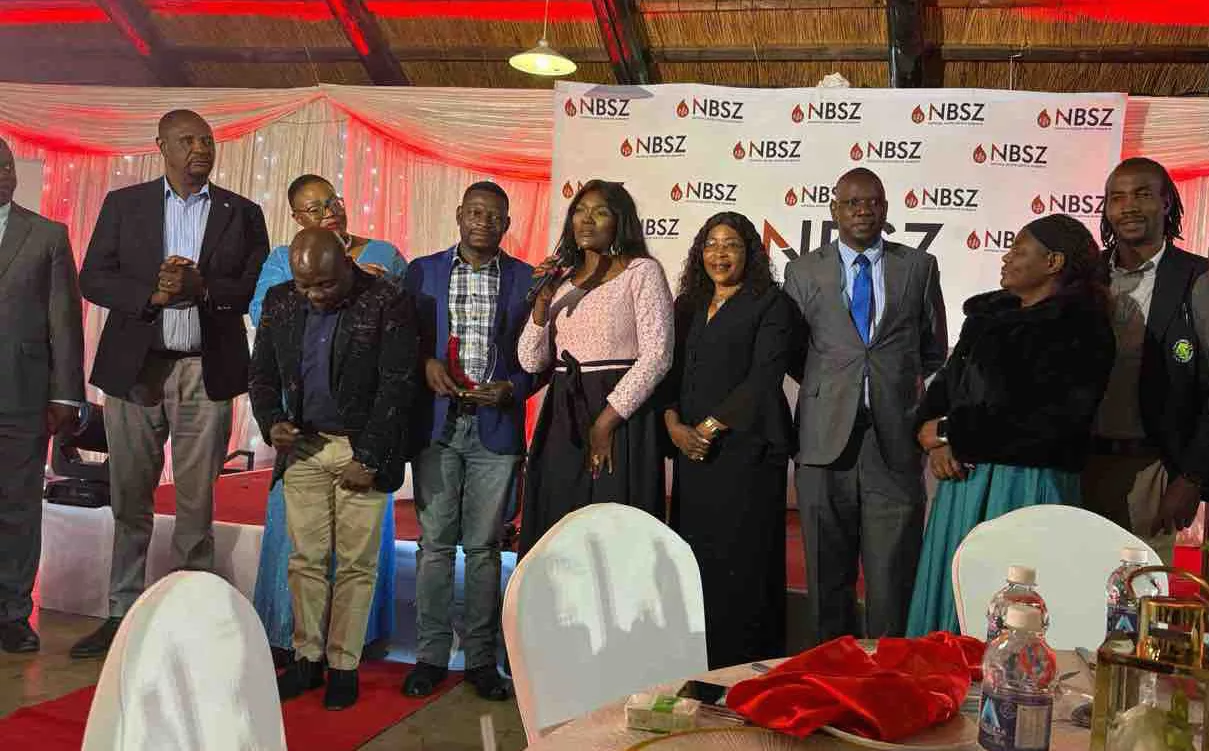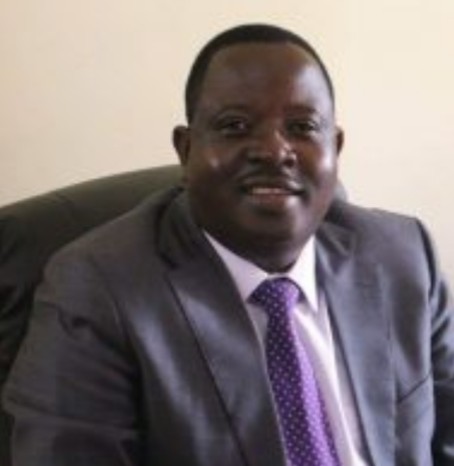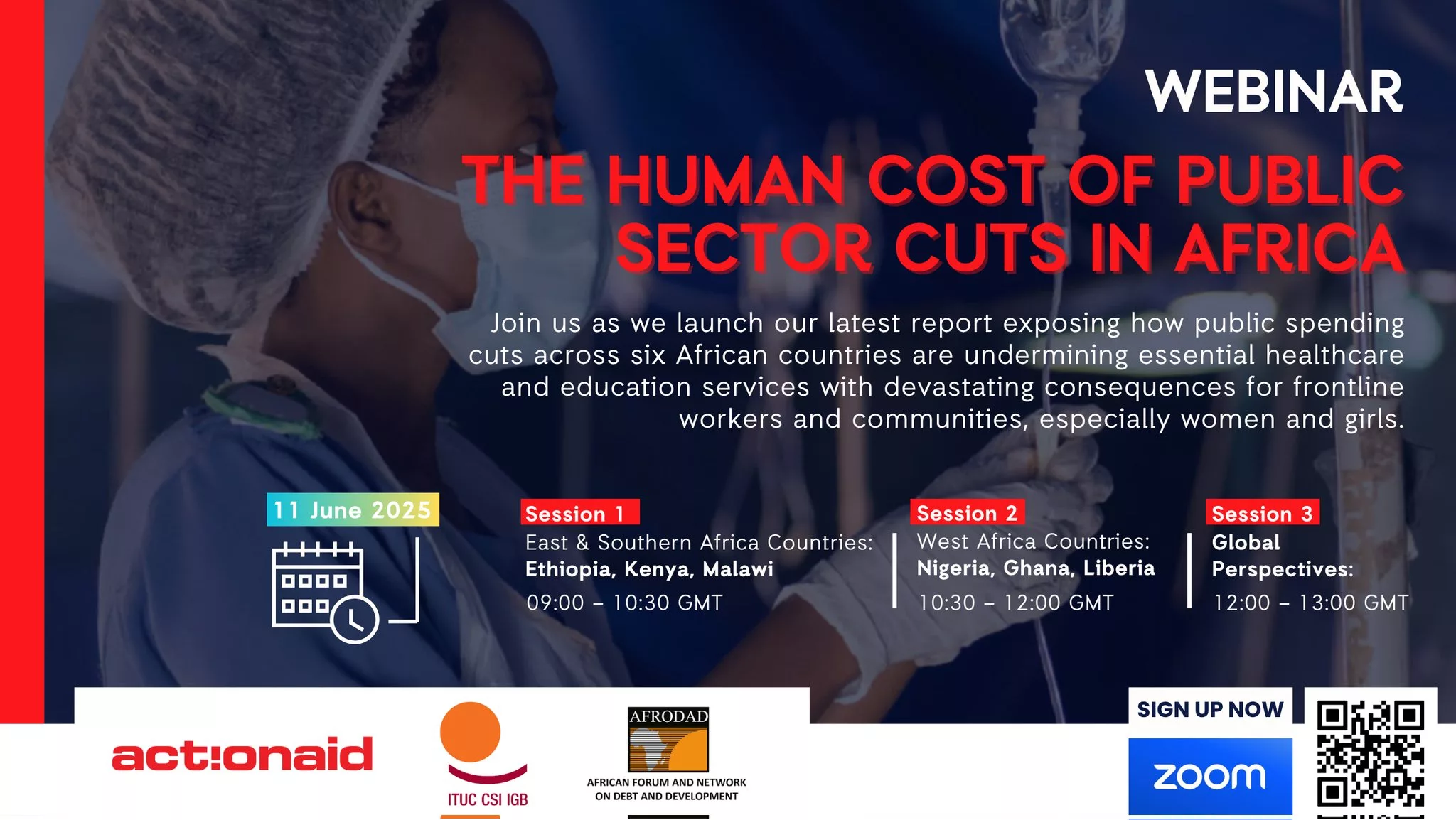|
Getting your Trinity Audio player ready...
|
Harare, Zimbabwe – The National Blood Service Zimbabwe (NBSZ) used a recent high-profile fundraising dinner to clear the air on its mandate, correct misconceptions, and make a passionate appeal for public support amid mounting operational challenges.
Addressing an attentive audience on Friday 20 June 2025, NBSZ officials emphasized a critical point: they are not a government department. Though not a parastatal, the organization operates as an independent not-for-profit entity mandated by law to collect, process, and distribute blood throughout the country. While the Ministry of Health and Child Care is permanently represented on its Board of Directors, NBSZ functions independently of hospitals and government health institutions.
“We are subservient to the government, but we are not part of it,” Ms. Lucy Marowa, the NBSZ Chief Executive Officer explained. “We are guided by policy, but our operations are managed by a board that includes Ministry representatives. So, we’re not selling blood — we’re recovering the cost of getting it from donor to patient.”
A Complex, Costly Chain
The blood collection and transfusion process is far more complex than many realize. From awareness campaigns that rely on outreach vehicles, to the collection process that uses imported blood bags and sterile needles, to laboratory testing that involves costly reagents and sophisticated equipment — every step comes at a cost. Testing also screens for life-threatening infections like HIV, hepatitis, and syphilis.
“Even storing blood is expensive,” Mr Menard Mutenherwa, the NBSZ Blood Supply Executive explained. “Blood components like platelets require constant agitation, refrigeration needs to be uninterrupted, and much of our equipment and cold chain infrastructure relies on consistent power — something not always guaranteed in Zimbabwe.”
As a result, NBSZ uses a full-cost recovery model rather than charging a commercial price. This means a “user fee” is levied to recover the actual costs involved in making safe, transfusable blood available to patients.
Fundraising Through Education and Humor
In a lighter moment, Tafadzwa Mukoyi, the Director of Ceremonies, playfully fined guests $5 if they didn’t know their blood group, highlighting the importance of awareness and participation.
“If you know your blood group, you probably donated,” he joked, encouraging everyone to become active donors — not just advocates.
Blood Group O: The Unsung Hero
The session also stressed the importance of Blood Group O, particularly O negative. Statistically, 52% of Zimbabweans are blood group O, making it the most commonly required type in emergencies.
“Group O blood depletes fast because more than half of patients need it — and it’s also the universal donor in many emergency situations,” Ms Marowa explained. “Yet, one donor only gives one unit. That’s why we always need more.”
Challenges: Money, Electricity, and Public Perception
Aside from financial constraints, power outages continue to threaten blood safety and storage. NBSZ expressed hopes of moving toward solar energy solutions to reduce dependency on diesel and national grid power.
One guest highlighted a recurring public grievance: delays or complications when blood donors try to access free blood for themselves or loved ones.
“I’ve donated blood. But when my relative needed it, there was a push-and-shove,” she said. “That kind of experience discourages others from donating. Please fix the communication gap.”
NBSZ acknowledged the concern and explained the likely cause: a disconnect between hospitals and their own verification systems.
“Hospitals like Avenues are not NBSZ,” an official said. “If a donor claims their benefit to the hospital, it won’t always be recognized. That communication should come directly to us. We need to improve that bridge.”
Donor Benefits Policy
NBSZ reiterated its Donor Benefits Policy: if you’ve donated at least 10 times as an adult, or 3 times as a school-going donor, and your last donation was within the past 12 months, you — or your immediate family (parents, spouse, children) — are eligible to receive blood for free. The policy does not extend to siblings, who are encouraged to donate for themselves.
An Open Invitation
The organization extended an invitation to the public to visit their facilities and witness their world-class systems firsthand. “Sometimes people don’t understand simply because they haven’t seen,” the host said. “You’re all welcome. Just don’t be late!”
As the evening drew to a close, the message was clear: NBSZ is a vital link in Zimbabwe’s healthcare chain — but it needs the public’s financial support, participation, and understanding to continue saving lives.






